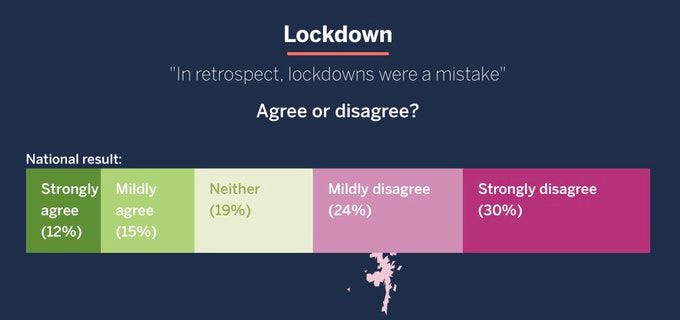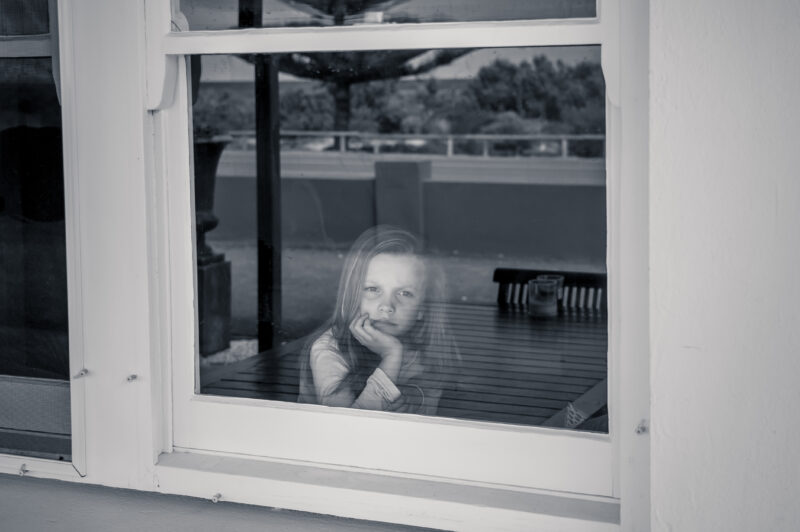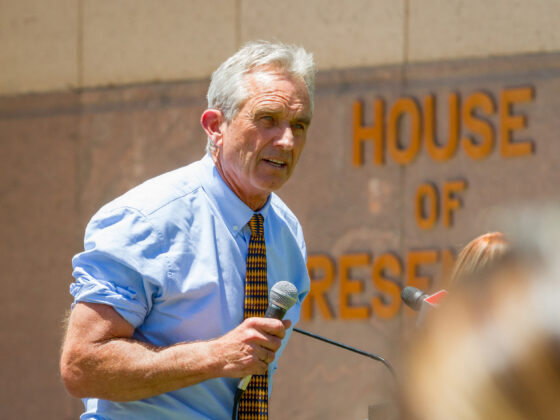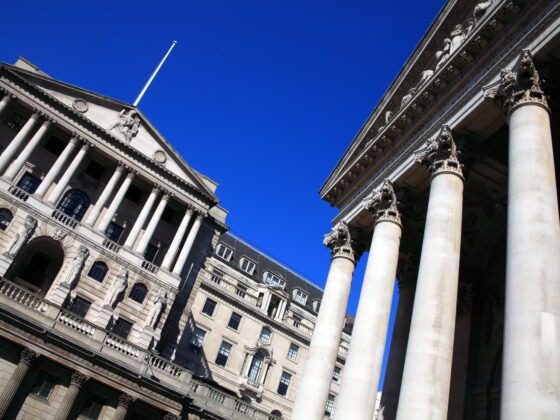Why do so many people still support lockdowns? In a poll I referenced yesterday, only 27% of Brits think that lockdowns were a mistake. 54% disagreed with the statement “In retrospect, lockdowns were a mistake”.

The Guardian published a piece yesterday called “Three years on, there is a new generation of lockdown sceptics – and they’re rewriting history”. The article is bad enough but the comments are even worse. Why, after lockdowns pushed hundreds of millions of people into poverty whilst simultaneously transferring unprecedented amounts of wealth upwards, do the left still support lockdowns? Yes, there are flawed studies showing how well lockdowns work and how many lives they saved but there must be something else.
One answer is lockdowns. Lockdowns themselves cause people to support lockdowns.
What do I mean by this you are probably thinking. A study from 2021 will explain all.
A team from Cardiff, as well as Bath and Essex Universities, examined why people supported COVID-19 measures. They conducted two surveys, six months apart, during 2020.
Lead author, Dr Colin Foad said:
Surprisingly, we found that people judge the severity of the COVID-19 threat based on the fact the government imposed a lockdown – in other words, they thought ‘it must be bad if government’s taking such drastic measures’.
We also found that the more they judged the risk in this way, the more they supported lockdown.
So the study found that people thought because they had been locked down, the threat from Covid must be so severe that the response was justified. Not only did going into lockdown make people think that Covid was more dangerous than it was but also that lockdowns were the only thing that could stop it.
People, devoid of critical thinking, believed that governments had their best interests at heart and would only lock them down if it was truly necessary. They believed whatever the selected expert would say as if they were a priest reciting the word of God. Governments love us, experts are the source of all truth.
And still the majority of people think this. They are unwilling to let go of their belief that every decision made during the pandemic was purely to protect lives. And I don’t think the majority will ever be woken from this trance. They have seen politicians partying whilst they were locked down, they have read the leaked WhatsApp messages showing politicians laughing at their demise and they have seen the damage that lockdowns have caused but still they think that lockdowns were beneficial.
Even at the time, in the study, people were conflicted as the survey revealed that they thought side effects of lockdowns in a cost-benefit analysis were “unacceptable” but still they supported them.
The authors warned of a “symbiotic relationship” forming between public opinion and government policy that could affect how future policies are implemented.
This has important implications for how we deal with other risks, like climate change – the public will be more likely to believe it’s a serious problem if governments implement bold policies to tackle it.
Professor Whitmarsh suggested bold actions might include stopping all road building (as has happened recently in Wales) or blocking airport expansions.
So lockdowns made people support lockdowns. Lockdowns also made people think Covid was deadlier than it was. All because of a lack of critical thinking and belief that governments only do what is necessary to protect them. And because this brainwashing worked so well, you know, as the authors suggest above, that the same tactics will be used again for another crisis in the very near future.













